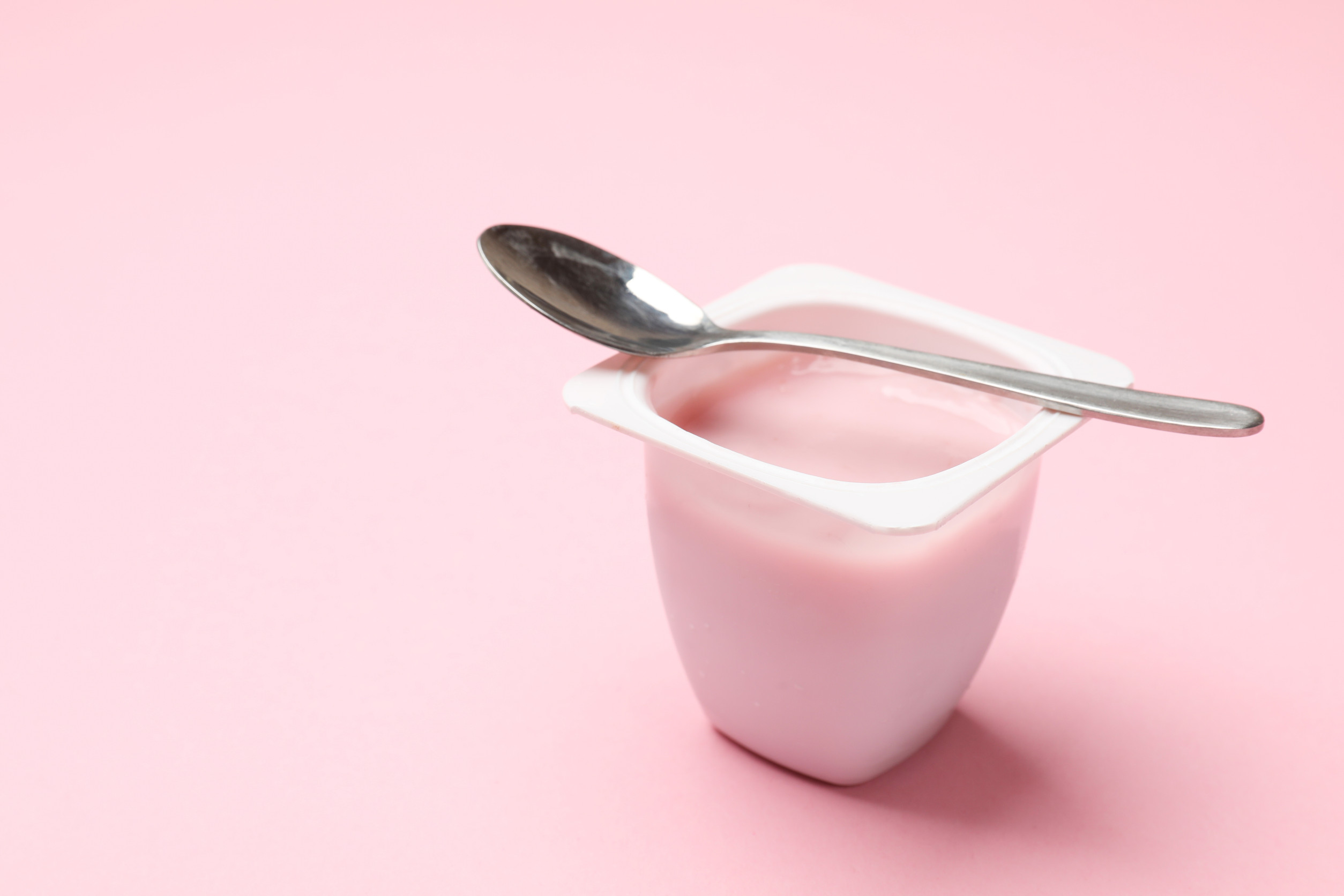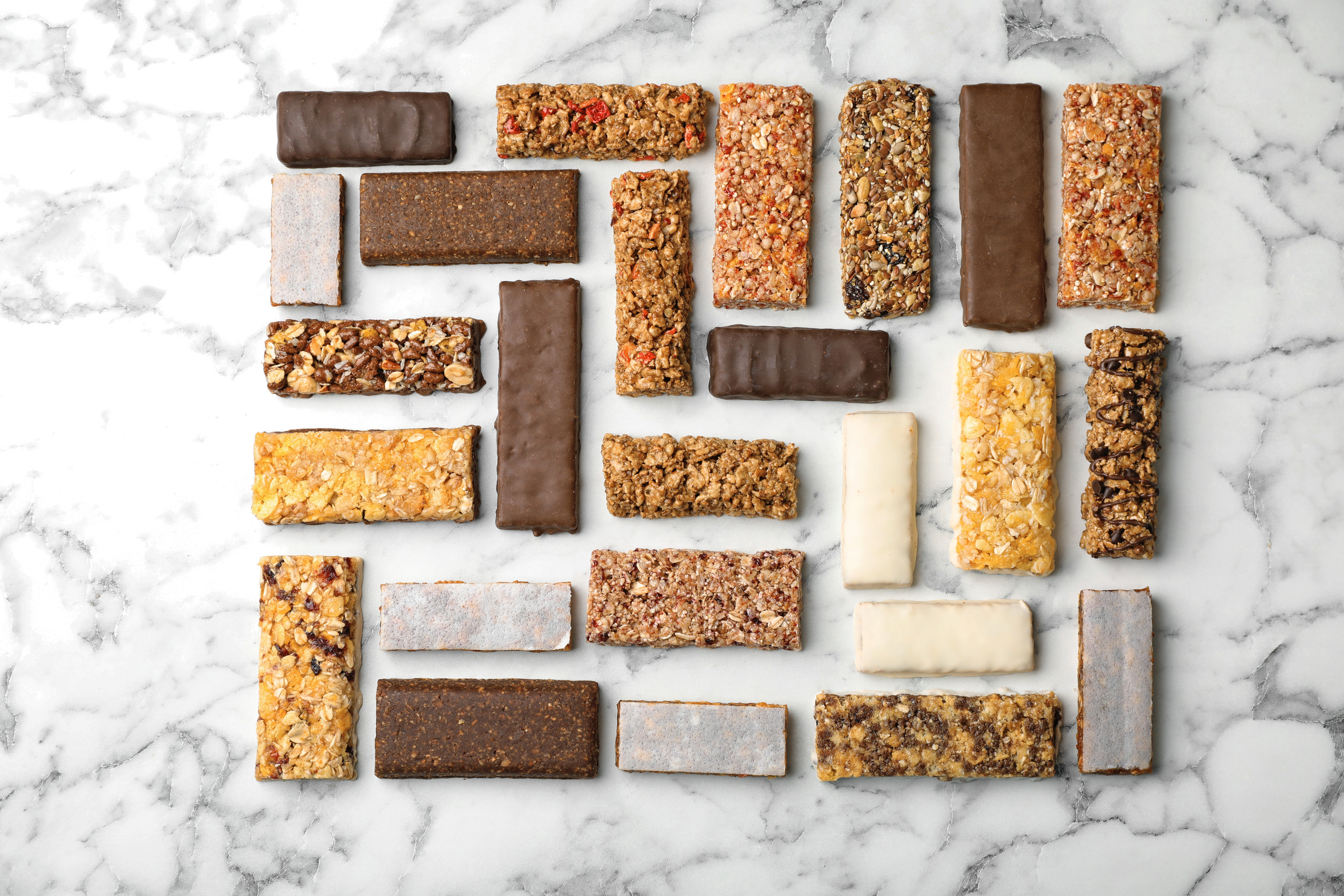You might think you’re making smart choices at the grocery store, but some foods that look healthy on the surface aren’t doing your body many favors. Marketers are experts at using buzzwords like “natural,” “whole grain,” or “low-fat” to sell products, even if they’re heavily processed or full of sugar. These misleading health foods can sneak into your diet and sabotage your wellness goals without you even realizing it. That’s why it’s important to look beyond the label and dig into what’s really inside. Here are nine foods that sound healthy but offer less nutritional value than you think.
1. Granola Bars
Granola bars may look like the perfect on-the-go snack, but many are loaded with added sugars, artificial flavors, and preservatives. While they often contain oats and nuts, they’re frequently bound together with syrups and oils that turn them into glorified candy bars. Some popular brands pack in over 15 grams of sugar per bar—more than a glazed donut. They also tend to be low in fiber and protein, meaning they won’t keep you full for long. If you want a truly healthy snack, opt for plain nuts or a piece of fruit instead.
2. Flavored Yogurt

Yogurt is often praised as a probiotic-rich superfood, but not all yogurt is created equal. Flavored varieties, especially fruit-on-the-bottom or dessert-style options, can be packed with added sugars. Some single-serving cups contain as much sugar as a can of soda, turning a potential health food into a sweet treat. They’re also often low in fat, which may sound appealing, but can leave you feeling unsatisfied. For a better option, choose plain Greek yogurt and add your own fresh fruit or honey in moderation.
3. Veggie Chips
Just because something has the word “veggie” on the bag doesn’t make it healthy. Veggie chips are often made from potato flour, cornstarch, and a sprinkle of vegetable powder—not actual vegetables. Many are fried and salted just like regular chips, offering little to no nutritional benefit over the classic version. The coloring might make them look like spinach or beets, but it’s often just for show. If you’re craving crunch, raw vegetables or lightly salted air-popped popcorn is a smarter choice.
4. Fruit Juice
It’s easy to assume that fruit juice is a healthy beverage, especially if it says “100% juice” on the label. But even natural fruit juices are high in sugar and low in fiber, making them less nutritious than eating whole fruit. A single glass of orange juice can have the sugar equivalent of three or four oranges without the fiber that helps slow sugar absorption. This can lead to energy crashes or even blood sugar spikes. Water, herbal tea, or eating a whole piece of fruit are far better options.
5. Sports Drinks
Marketed as essential for hydration, sports drinks are often unnecessary for the average person, especially if you’re not engaging in intense physical activity. Most contain high levels of sugar, sodium, and artificial coloring, which cancel out any potential benefits. While they do offer electrolytes, you can usually replenish those with water and a balanced diet. Drinking sports drinks when you’re not working out can contribute to weight gain and poor dental health. Stick with water unless you’re a high-endurance athlete.
6. Multigrain Bread
Multigrain sounds healthy, right? Not necessarily. Just because a bread contains multiple grains doesn’t mean those grains are whole or unprocessed. Many multigrain breads are made from refined flour with only a small percentage of actual whole grains, offering little more fiber than white bread. Look for labels that list “100% whole wheat” or “whole grain” as the first ingredient. If it just says “multigrain,” chances are it’s not as nutritious as you think.
7. Pre-Made Smoothies
Smoothies seem like the ultimate health food, but the store-bought versions are often calorie bombs. Many bottled smoothies include fruit purees, added sugar, or fruit concentrates, which spike the sugar content without providing the fiber of whole fruit. Even smoothies from health food chains can top 400 calories and 50 grams of sugar per serving. A better bet is to make your own at home using whole fruits, leafy greens, unsweetened yogurt, and nut butter. That way, you control what goes in.
8. Protein Bars

Protein bars are marketed as fitness fuel, but many are more like candy bars in disguise. Some have added sugars, saturated fats, and ingredients you can’t even pronounce. While they might contain 20 grams of protein, they often come with just as many grams of sugar or artificial sweeteners. These bars can work in a pinch, but they shouldn’t replace whole food meals. When possible, get your protein from natural sources like eggs, nuts, or lean meats.
9. Frozen Diet Meals
Labeled as “light,” “lean,” or “low-calorie,” frozen diet meals may seem like a smart shortcut for weight loss. But many are low in actual nutrition and high in sodium, preservatives, and additives. They often lack fiber and protein, meaning you’re hungry again shortly after eating. Plus, their small portion sizes can encourage overeating later. Meal prepping your own healthy lunches with fresh ingredients will save you money and give your body what it actually needs.
The Health Halo Isn’t Always Real
Just because something sounds healthy doesn’t mean it actually is. These misleading health foods prove that packaging and marketing can be deceptive, and even well-intentioned choices can fall short nutritionally. The key to better eating is staying informed, reading labels, and choosing whole, minimally processed foods whenever possible. By avoiding these common traps, you’ll get more nutrition for your dollar and feel better in the long run. Don’t let clever branding replace smart eating.
Have you been fooled by a food that looked healthy but wasn’t? Share your experience in the comments—your story might help someone else eat smarter!
Read More
6 Popular Frozen Meals That Nutritionists Say Are Misleading
7 Pet Food Brands Using Fillers That Offer No Nutritional Value
The post 9 Foods That Have Less Nutritional Value Than You Think appeared first on Grocery Coupon Guide.







